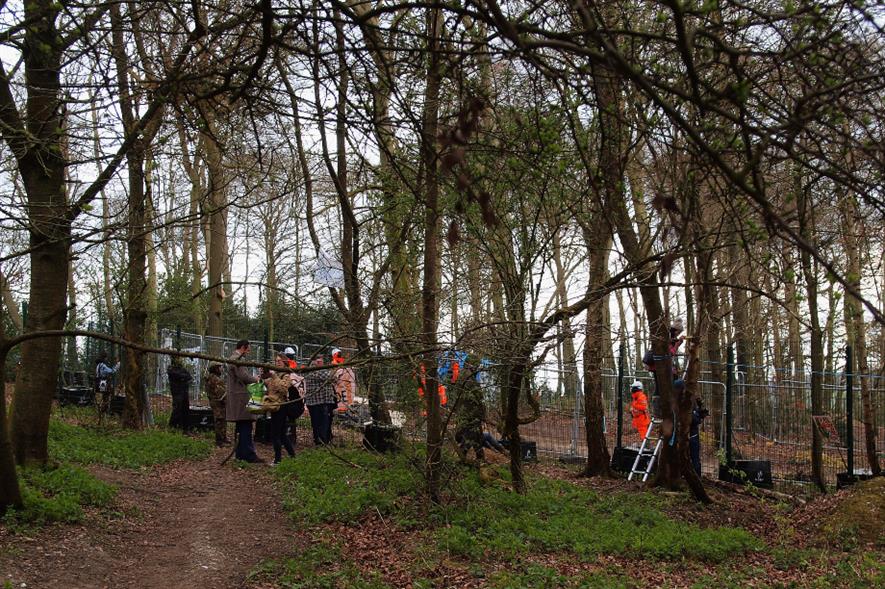The UK has over 180,000 ancient trees, more than any other european country and beautiful ancient woodland spots can be found all across the countryside. As well as mitigating the impacts of climate change, ancient trees and woodlands are key to forest and ecosystem survival. Trees pass down genetic material to surrounding trees over time that inform them of risks of potential diseases or changes in climate. This information can be passed via signals between trees over hundreds or even thousands of years, helping to maintain a healthy rate of growth in the woodland. Even young trees that are planted will still receive this information from their elders, making the old trees vital to a forests' adaptive capacity. The older a tree is and the more it grows, the more carbon dioxide it absorbs, making trees extremely crucial in reducing global warming. Tree growth removes around half of human CO2 emissions from the atmosphere each year and his is why forests like the Amazon (known as the 'lungs of the earth') are so important in the survival of our planet and life on earth.
However, since the agricultural revolution around 12,000 years ago, the number of trees worldwide has nearly halved, equating to loss of three trillion trees. The majority of the farmland you see in the UK was once forest and today, 15 billion trees are cut down each year across the world. If the removal of trees from the earth wasn't destructive enough, when trees are burnt, enormous quantities of the carbon stored in the wood are released back into the atmosphere. Industries such as intensive agriculture and resource production are particularly destructive and are partially responsible for the rate of global warming.
The preservation and conservation of trees in forests across the country is paramount given the accelerating rate of climate change. Forests also provide homes or shelter for wildlife and endangered species that are being increasingly affected by the change in temperatures. A study was released last week that showed that plants are now flowering a month earlier than in 1980s, meaning many migratory birds no longer have food they can rely on and have to quickly adapt their travel. The destruction of ancient woodland removes these havens for wildlife making it harder for animals to recover from food loss.
As business people and industry leaders, we must take into consideration the immediacy of the climate crisis when making business decisions. Just Transition models should be explored that help retain staff and profits whilst reducing the environmental impacts on future generations. We must all meaningfully centralise sustainability in our workplaces and look to becoming carbon neutral as businesses within the next few decades. As individuals, we must educate ourselves on how climate change will impact us and try to reduce our harm towards the planet in our every day lives.

